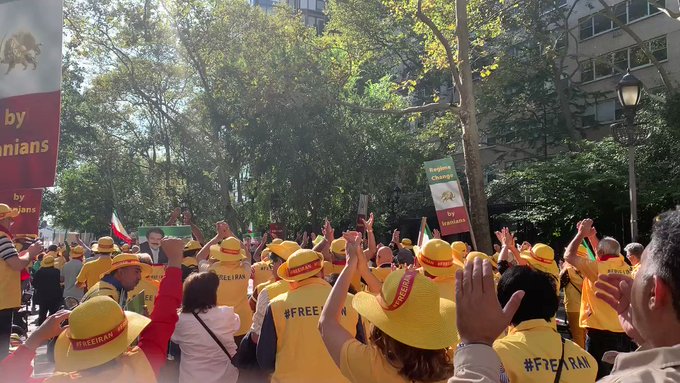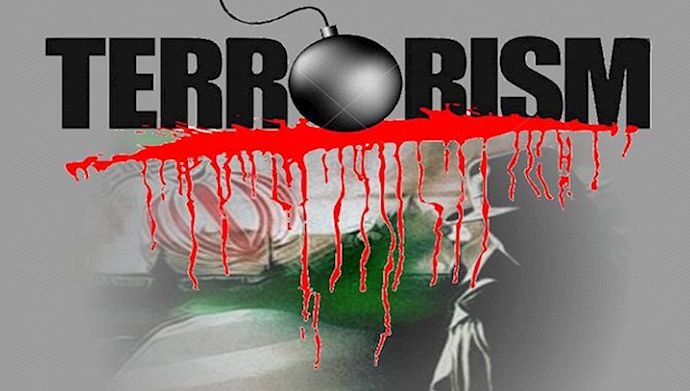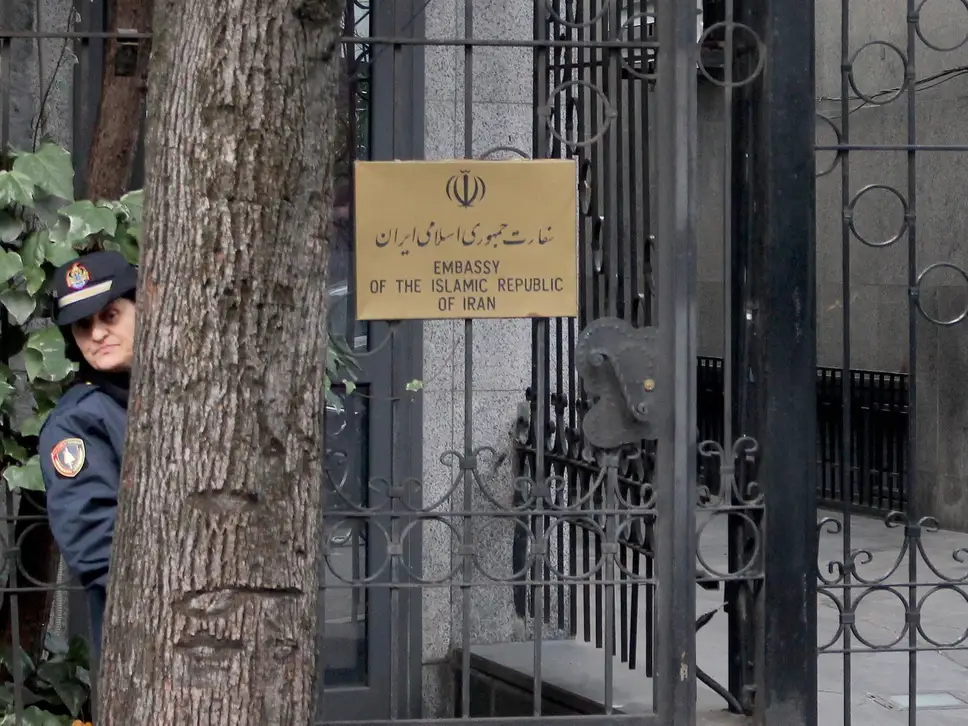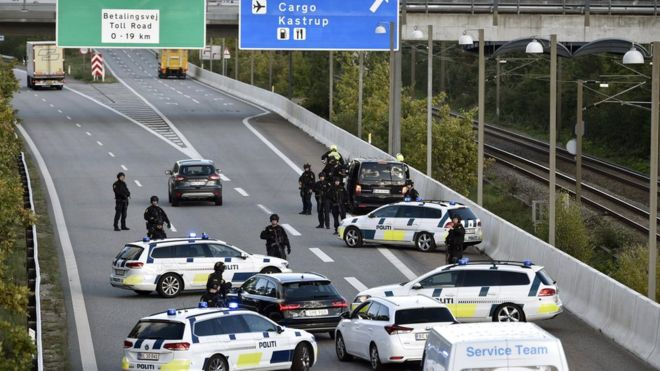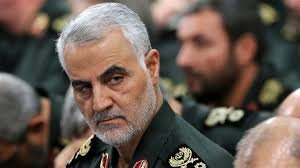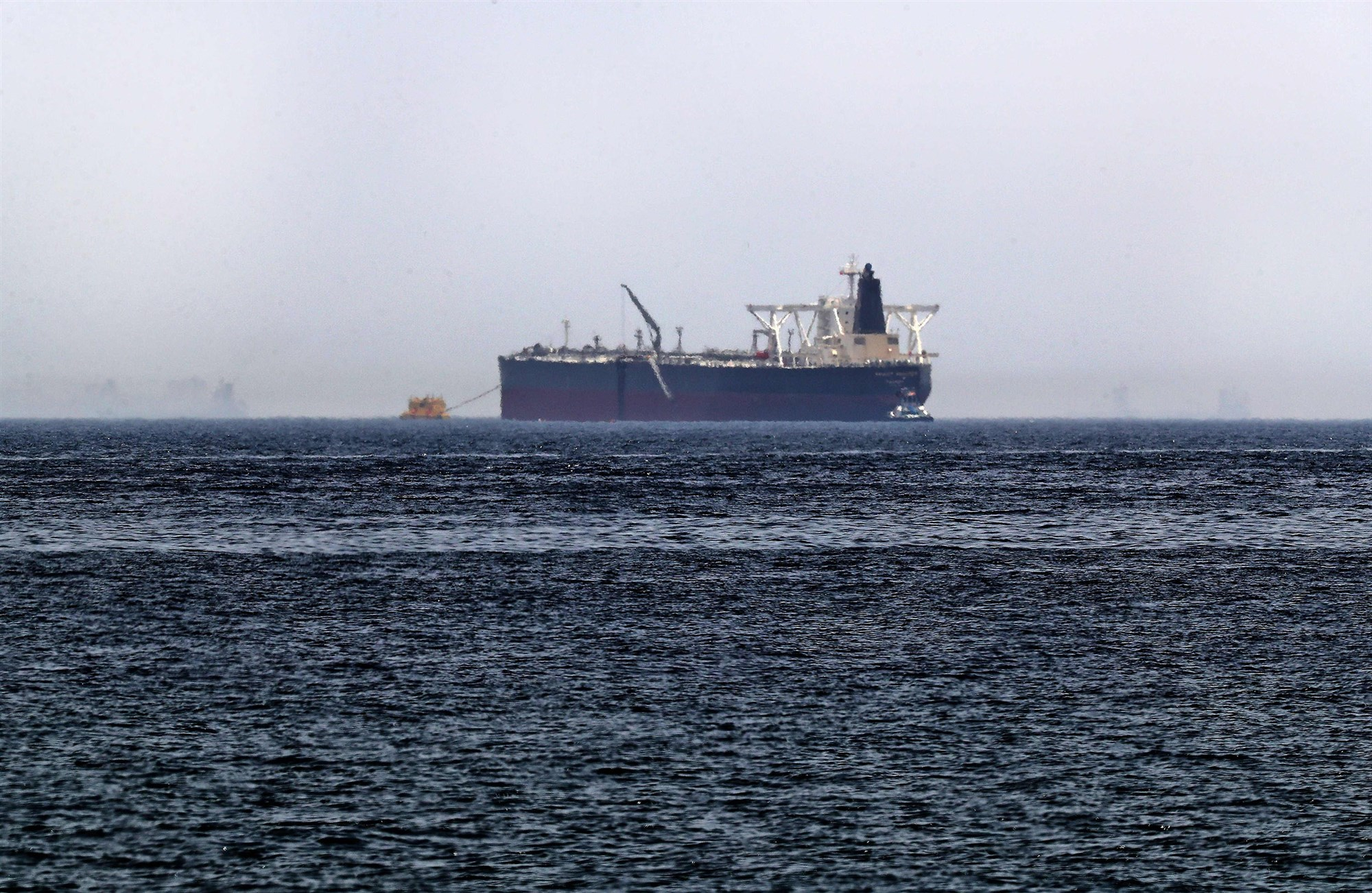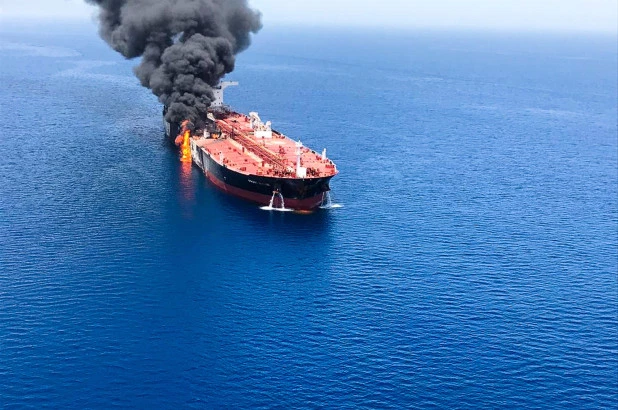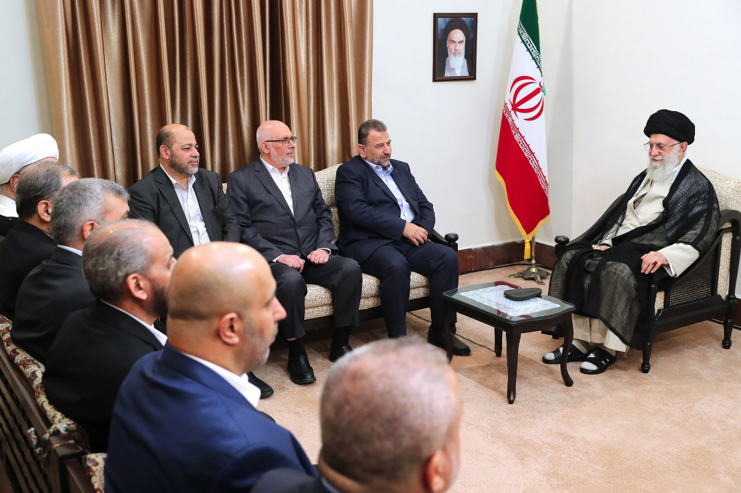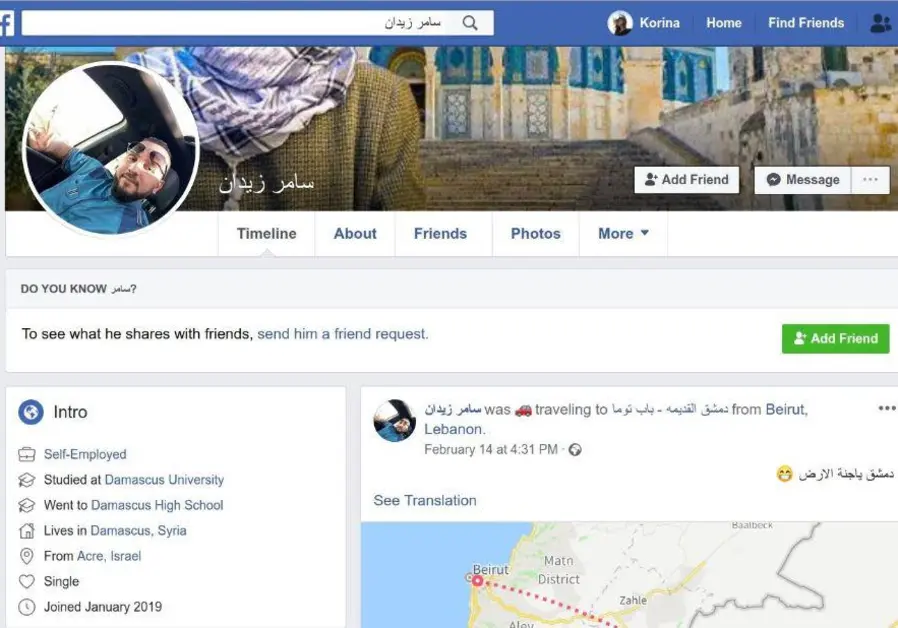Iran: The Leading State Sponsor of
Terrorism
The United States government classifies
the Islamic Republic of Iran as the “leading state sponsor of terrorism,”
alleging that Iran and its terrorist proxies pose a significant threat and
demonstrate global reach. The U.S. has designated Iran as a state sponsor of
terrorism since 1984.
What is state-sponsored terrorism?
State-sponsored terrorism is a state’s deliberate use of terrorism or assistance to terrorist organizations as a
foreign policy tool against other countries or groups. It can refer to either
direct attacks by the state or support of terrorist organizations through the
provision of weapons, funds, training, and sanctuary.
Overview of State-Sponsored Terrorism by
Iran:
Since the Iran Hostage Crisis in 1979,
the Iranian regime has been defined by its habitual use of terrorism against
the U.S. and its allies throughout the world and its ties to terrorist
organizations. In addition to carrying out direct attacks, Iran has engaged in
terrorism by proxy through Hezbollah; Hamas; the Taliban; militias in Iraq,
Syria, Bahrain, and the Gulf; and numerous other terrorist groups.
The U.S. State Department noted in its
most recent Country Reports on Terrorism that “Iran and Hizballah are emerging
from the Syria conflict emboldened and with valuable battlefield experience
that they seek to leverage across the globe.” The 2018 Worldwide Threat
Assessment of the U.S. intelligence community also highlighted Iran as an
emerging cyber threat, assessing that “Iran will continue working to penetrate
U.S. and Allied networks for espionage and to position itself for potential
future cyber-attacks, although its intelligence services primarily focus on
Middle Eastern adversaries—especially Saudi Arabia and Israel.”
As the timeline below illustrates, Iran
has accelerated its support for terrorism in recent years, particularly since
July 2015, when it agreed to a nuclear deal with the U.S., United Kingdom,
France, Germany, China, and Russia. Rather than moderating the regime, the
Joint Comprehensive Plan of Action (JCPOA) has emboldened Tehran to escalate
its destabilizing activities and enhanced its ability to bankroll terrorism and
proxy wars.
New Timeline Entries:
1.March 22, 2018: Iranian operatives
caught surveilling MEK in Albania
Albanian authorities arrested two
suspected Iranian operatives who were caught in the act of surveilling a site
where exiled Iranian opposition figures from the Mujahideen-e Khalq group were
set to hold a Persian Nowruz celebration. In December 2018, Albania expelled
Iran’s ambassador and another Iranian diplomat, reportedly in connection to the
aborted terrorist plot
2.October 21, 2018: Iran-linked suspect
arrested for a foiled Danish assassination plot
Denmark’s primary intelligence agency
announced the arrest of a Norwegian man of Iranian descent for allegedly taking
part in an Iranian intelligence service’s plot to assassinate an Iranian Arab
separatist activist on Danish soil. On September 28, Danish police thwarted
Iran’s plans through a major security operation carried out with Sweden.
Authorities shut off access to and from the island that Denmark’s capital,
Copenhagen is situated on for several hours to launch a manhunt for the
suspect, who had been seen photographing the homes of members of an Iranian
Arab separatist movement residing in Denmark. Denmark recalled its ambassador
to Iran in response to the incident.
3.May 2019: Iran greenlights attacks on
U.S. personnel, interests in the Middle East by its proxies
Intelligence indicates that Iran has
given its proxies the go-ahead to target U.S. military personnel and assets in
the Middle East in response to the U.S. designation of the Islamic
Revolutionary Guard Corps (IRGC) as a foreign terrorist organization and the
revocation of waivers for buyers of Iranian petroleum exports. It is later
reported that IRGC Quds Force commander Qassem Soleimani summoned Iran-backed
militias in Iraq and told them to “prepare for a proxy war.” The reports precede
an uptick in Iranian terror activities and regional destabilization over a span
For several months.
4.May 12, 2019: Four tankers allegedly
sabotaged by Iran
Following reports that Iran and its
proxies could target maritime traffic, four tankers off the coast of the United The Arab Emirates suffer damage in apparent sabotage attacks. The tankers—two
Saudi, one Emirati, and one Norwegian— were apparently struck by explosive
charges. The U.S. claims to have forensic evidence tying Iran or its proxies to
the attacks.
5. June 13, 2019: Twin attacks on
Japanese, Norwegian oil tankers in the Gulf of Oman
A Japanese and Norwegian oil tanker was
attacked in the Gulf of Oman within 45 minutes of each other. According to the U.S.
Secretary of State Mike Pompeo, Iran was the likely culprit based on
“intelligence, the weapons used, the level of expertise needed to execute the operation, recent similar Iranian attacks on shipping, and the fact that no
proxy group operating in the area has the resources and proficiency to act with
such a high degree of sophistication.”
6.July 22, 2019: Iran’s Supreme Leader
hosts Hamas delegation
Supreme Leader Ali Khamenei hosted a
delegation of the Palestinian terrorist group Hamas in Tehran and reaffirmed
Iran’s support for the group. Khamenei called upon the group to use its
“precision missiles” to resist the Trump administration’s Middle East peace
plan. Several weeks after the meeting, Israeli media reported that Iran had
upped its annual support for Hamas from $100 million to $360 million.
7. July-August, 2019: Iranian hackers
infiltrate Bahraini infrastructure, security agency
Over a span of several weeks, Bahraini
authorities identified hacker intrusions into the country’s Electricity and
Water Authority, Aluminum Bahrain, National Security Agency, Ministry of
Interior, and first deputy prime minister’s office computers. Bahraini
authorities suspect Iranian involvement in the cyberattacks, which briefly
granted the hackers' command and control access over critical infrastructure.
8. July 25, 2019, Israel breaks up Iranian effort to recruit spies from Palestinian territories
Israel’s Shin Bet intelligence service
announced it had broken up an Iranian espionage network’s effort to use social
media to recruit West Bank and Gaza Palestinian operatives “for the benefit of
Iranian intelligence.” The spy network was based in Syria under Iranian
guidance and used fictitious profiles to establish contacts in the Palestinian
territories. Iran reportedly sought intelligence on sensitive Israeli military
and security sites for use in potential future terrorist attacks.
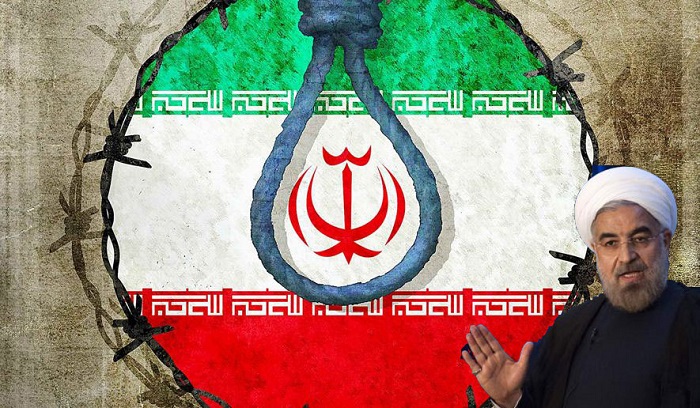
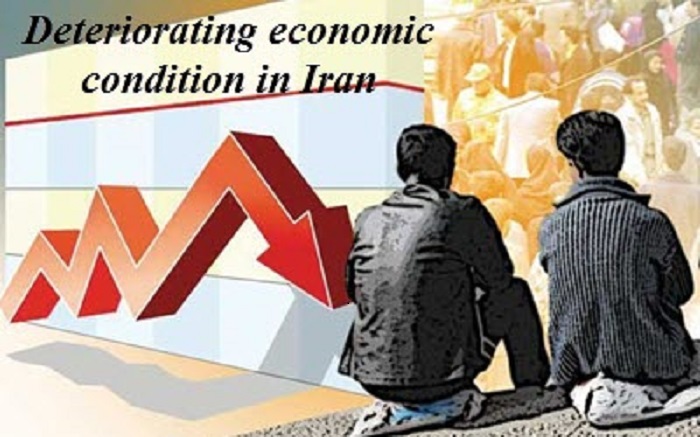















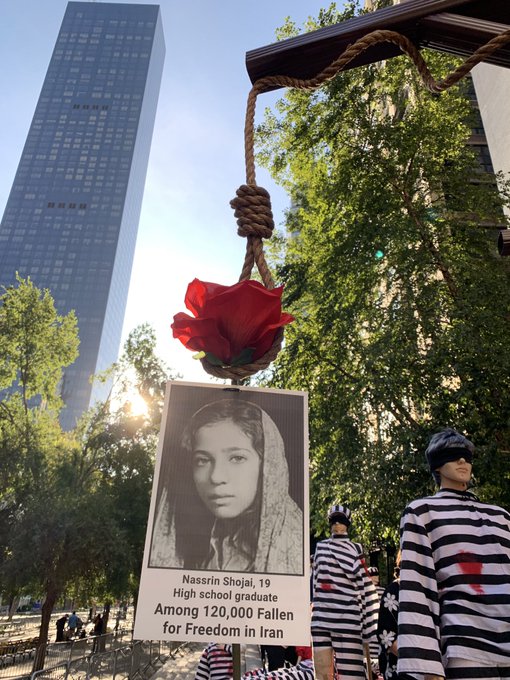
 ROUHANI SHOULD NOT BE REPRESENTING THE GREAT PEOPLE OF IRAN
ROUHANI SHOULD NOT BE REPRESENTING THE GREAT PEOPLE OF IRAN